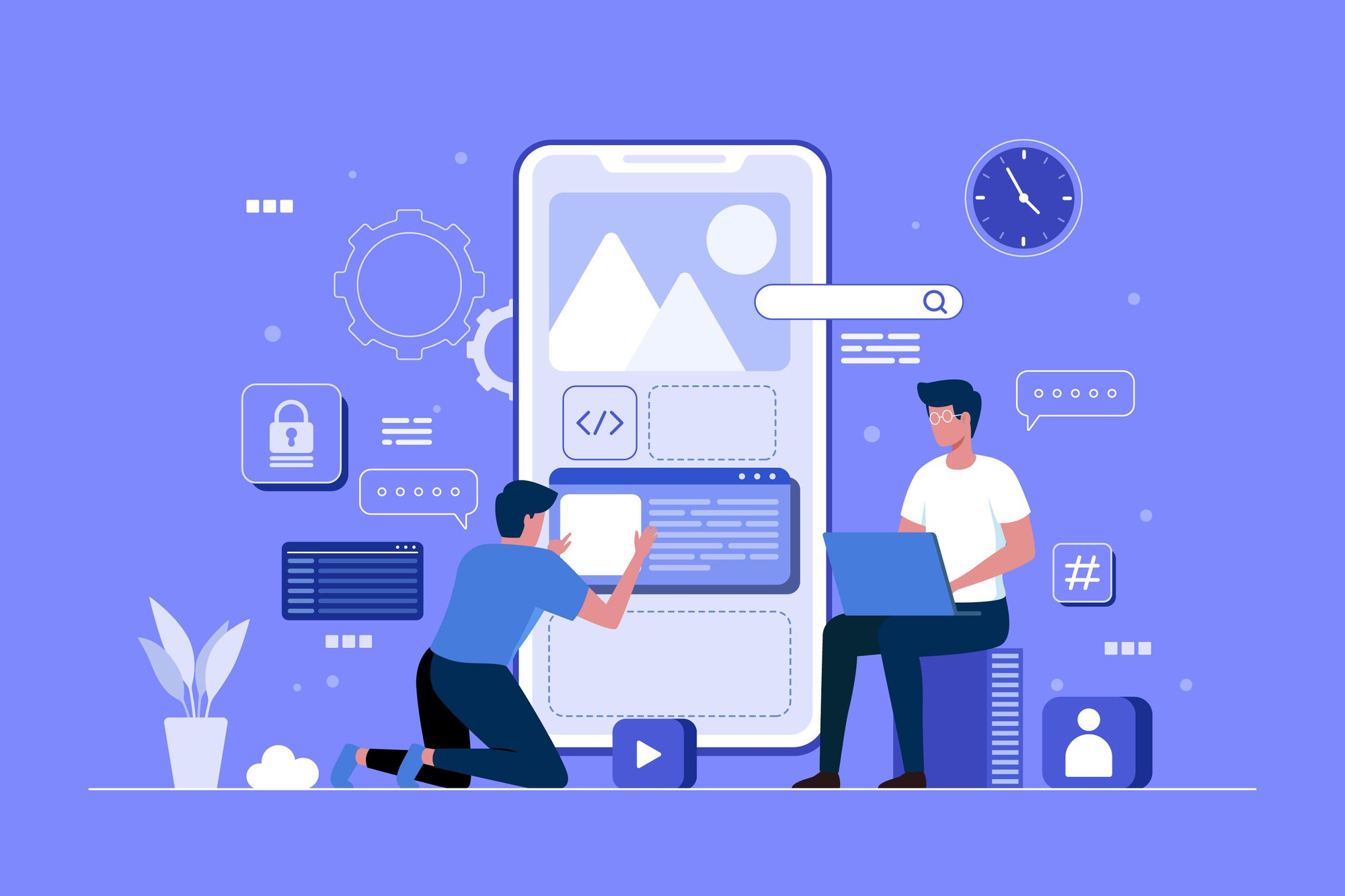Blog > 6 Self-Improvement Techniques for Software Developers
6 Self-Improvement Techniques for Software Developers
By manuals.Dev Staff

According to several studies, the productivity rate achieved by exceptional developers is three times higher than that of an ordinary developer and ten times higher than that of a below-average developer. It should come as no astonishment those who excel in software development are often rewarded with higher salaries, promotions, and opportunities to work on high-profile projects.
What are the necessary steps to go from excellent to great? Here are six techniques for becoming a quicker, better developer.
Create some long-term objectives.
Kurtis Pykes, an engineer who specializes in machine learning and has made significant progress in his programming abilities over the last three years, noted that what constitutes "better" is relative to the setting in which one works.
While some businesses are content as long as the code functions properly, others have shown an interest in seeing it optimized for greater productivity. Other businesses put the most emphasis on the amount of time their engineers spend developing. Don't waste your time—figure out where you are compared to the level of performance that the organization expects, and prioritize activities that will help you gain skills that will get you closer to achieving your professional and financial objectives.
How? You can benefit from using the Feynman Learning Technique. Ask your coworkers for their input to determine the talents you lack to increase your throughput and quality. Pykes offered the following advice about how to proceed: "Compare your actual performance with the intended standard, and then reverse-engineer the incremental steps to accomplish your objective."
Get Better at Problem Solving
It is recommended by Danny Forest, a software engineer, compulsive learner, and the creator of SkillUp Academy, that you continue to solve difficulties to go from the junior to the mid-level in programming.
According to what Forest saw, the more issues solved, the more evident the patterns emerge. If you take those patterns and apply them to new challenges, you'll be able to tackle them more quickly and effectively.
You may improve your problem-solving abilities by engaging in various activities, like taking an online course, reading books, listening to podcasts, and practicing on various platforms and in various situations.
Learn Lots of Code by Reading and Writing It
What is the most effective strategy for enhancing your ability to code? Read more, particularly the source code that talented programmers wrote. Reading well-written code may help you see your faults and shortcomings and the areas you require to improve your abilities. Additionally, the quickest method to create your style and progress is to comprehend and imitate the styles of those who are already successful.
Achieve steady progress by putting what you've learned into action as you go and focusing on improving in little steps. Your self-assurance will increase due to the accumulation of several little advances, which will also assist you in overcoming plateaus. In addition, Forest recommended making daily coding sessions a habit. Spend the next thirty minutes attempting to find a solution to an issue that is important to you or someone you know.
When you are ready, go from developing many tiny programs to writing bigger ones, which will require you to confront and overcome progressively difficult issues.
Become a flexible problem-solver
Software developers need to understand that it is not their job to create code but their duty to discover solutions to issues.
You will be a better developer, more useful to your team, and more confident in your judgments if you understand when to utilize different technologies or methodologies, which ones are ideal for particular situations, and what the trade-offs are.
Do not be a tech purist who constantly attempts to fit the issue into the tool they already know how to use. It does not follow that your preferred method or technology is the one that should be used just because it is capable of providing a solution to the issue.
Study the abstract concepts.
If you have practiced copying and pasting code at various points during the day, you may be unwittingly replicating redundant or superfluous lines of code. Learn to create cleaner code, improve your comprehension of abstractions, and enhance your usage to cut down on code duplication.
Your skills as a programmer will increase according to the quality of your abstractions.
Engage in refactoring practices.
Spend a significant amount of time reworking code to improve your development skills. You may learn how to make your code more effective, understandable, and editable by going through the process of refactoring, which involves rearranging or altering existing computer code without making any changes to or additions to its exterior behavior and functioning.
Acquire New Knowledge Stacks
You may improve your ability to solve problems and produce software by gaining expertise in various technology stacks. This helps you understand when and why to utilize certain programming languages and frameworks. In turn, this helps you reach your professional objectives by increasing the market value of your skills and experience.